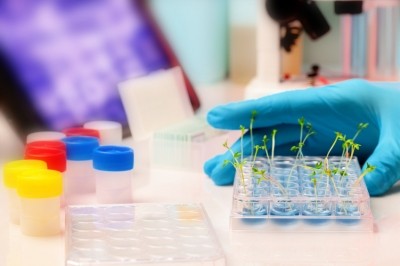Australia
Scientists need to ‘rethink’ approach to GMO engagement with public

The results of focus groups conducted by University of Adelaide researchers, published online ahead of print in the journal New Genetics and Society, show that if scientists continue to present "just the facts", most people won't engage or modify their thinking—even if they were highly educated.
The results have implications for public engagement across other controversial science issues, such as nuclear energy, climate change, vaccination and water fluoridation, the authors say.
"We were interested in previous surveys that showed women consistently were more opposed to GMO foods than men, and so we set out to better understand the reasons why," said co-author Rachel Ankeny.
"GMO foods are an important issue for the community, and with women still playing greater roles in the provision of home care and food preparation, we need to better understand how women are thinking and what their values are in relation to these issues.”
The focus groups included women from a range of educational backgrounds, including those involved in plant and agricultural science, and others in health science, as well as women with lower levels of education.
"All of the women with science backgrounds used evidence to support their stance, but the way they did so came as a surprise to us," said co-author Heather Bray.
"Women who had backgrounds in plant science said the lack of evidence of harm meant that GMO food was safe to eat. But the women in health sciences said it was a lack of evidence of safety that made them cautious about consuming GMO food. These perceptions are based on two very different concepts of risk, despite both groups being highly educated in science.
"For women without science backgrounds, GMO food presented 'unknown' risks, and hence was to be avoided. There was a range of other issues apart from the science that arose in our study, a major one being a general lack of trust of science.”
Prof. Ankeny added that it was important for scientists to realise that their work has economic, social, and cultural impacts.
“If people are presented with 'just the facts', the discussion leaves out critical topics and values,” she said.
“People—including people highly educated in science—come to these issues with their own ideas, experiences, and values, and they are not necessarily going to endorse particular scientific theories or applications based simply on facts being provided to them.”















